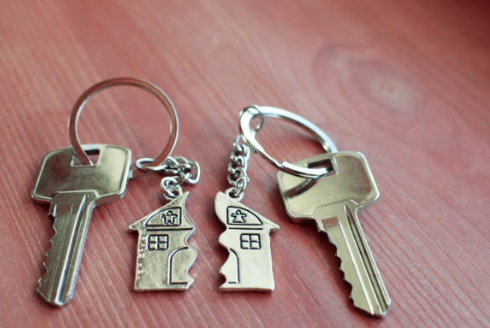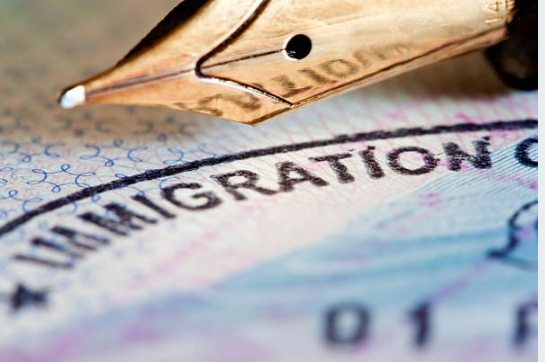Divorce can be a complicated process, especially when there’s property involved. In Spain, selling property during a divorce requires careful legal consideration, as both spouses may have rights to the property. Understanding the do’s and don’ts can help ensure that the process is as smooth and fair as possible, avoiding future legal disputes and complications.
Here’s a comprehensive guide on what you should know when selling property during a divorce in Spain.
1. Do: Understand the Ownership Status of the Property
Before making any decisions about selling property during a divorce, it’s crucial to first understand how the property is legally owned. In Spain, property ownership in marriage is typically governed by the regime of property rights (regímen económico del matrimonio), which can be one of the following:
- Community Property (Sociedad de Gananciales): Under this system, all property acquired during the marriage is considered jointly owned, and both spouses have equal rights to it, regardless of who purchased it.
- Separate Property (Separación de Bienes): In this case, each spouse owns the property they individually acquired before or during the marriage, and neither spouse automatically has rights to the other’s property unless explicitly stated.
- Joint Property (Conyugal): This refers to properties that are shared equally by both parties, including properties that may have been inherited or purchased during the marriage.
It’s important to consult a family lawyer to clarify the ownership situation and how it impacts the sale process. If the property is under joint ownership, both spouses must consent to the sale.
2. Do: Agree on the Sale Price
If the property is jointly owned, both spouses must agree on the sale price before putting the property on the market. The court may get involved if both parties cannot reach an agreement. The price should reflect the fair market value of the property, which might require an independent property valuation (tasación).
- Independent Appraisal: If you and your spouse disagree on the property’s value, it’s advisable to get an independent appraisal to ensure fairness.
- Negotiation: If you’re selling the property as part of the divorce settlement, negotiations should be transparent and equitable.
3. Don’t: Sell the Property Without the Consent of Both Parties
In Spain, if the property is jointly owned (such as in community property), both parties must agree to the sale. If one spouse attempts to sell the property without the other’s consent, the sale is invalid, and the other spouse has the legal right to challenge it in court.
If the spouses cannot agree, the court may intervene and order the partition of assets or a sale. In this case, the proceeds will be split according to the ownership and division of assets determined by the court or a divorce settlement agreement.
4. Do: Consider the Tax Implications
Selling property during a divorce can have tax consequences, both for the seller and the buyer. The capital gains tax (CGT) may apply if the property has increased in value since its purchase, and the proceeds from the sale could be subject to taxation.
- Capital Gains Tax: If the property is sold for more than it was bought for, both spouses may be required to pay capital gains tax on the profit. The tax rate can vary based on the sale price and how long the property was owned.
- Exemptions: If the property is your primary residence and you have lived there for at least three years, you may be eligible for certain tax exemptions. Consult a tax advisor to understand the full implications.
Additionally, the division of sale proceeds may affect how the tax burden is shared between the spouses, depending on their share of ownership.
5. Don’t: Forget to Update the Property’s Ownership After Sale
Once the property is sold, it is crucial to update the Land Registry (Registro de la Propiedad) to reflect the new ownership. If the property was sold as part of the divorce settlement, both spouses should ensure the transaction is officially recorded.
Failing to update the Land Registry can cause issues with future transactions or ownership disputes.
6. Do: Use the Proceeds Wisely
The proceeds from the sale of the property are typically divided according to the divorce settlement or court order. The distribution will depend on the marital property regime and whether the property was jointly owned. In many cases, the proceeds are split 50/50, but it may not always be the case.
- Mortgage Payoff: If there’s an outstanding mortgage on the property, the proceeds from the sale should first be used to pay off the mortgage debt before dividing the remaining amount.
- Reinvesting: After the divorce, both parties may wish to use the sale proceeds to purchase new homes or other investments. It’s important to keep records and documentation of the proceeds to ensure there is no dispute about the allocation.
7. Do: Ensure Clear Communication
Selling property during a divorce can be emotionally charged, so clear communication between both parties is essential. You may want to involve a mediator or legal advisor to ensure both spouses are comfortable with the process and the terms.
- Mediation: A mediator can help both parties reach an agreement regarding the sale of the property and how the proceeds will be divided. This is especially important if there are disagreements about the price or terms of the sale.
8. Don’t: Ignore Legal Obligations in the Divorce Agreement
It’s important that the sale of the property aligns with the divorce agreement or the court’s ruling. The terms of the property sale should be clear, and both parties should agree on how the proceeds are to be divided.
- Divorce Decree: The court may decide how the property is to be handled, especially in complex situations where one party is entitled to a larger share or a specific asset.
- Legal Documentation: Ensure that all agreements are documented in writing and, if necessary, notarized.
9. Do: Plan for the Future
Once the property has been sold and the divorce settlement has been finalized, both parties should plan for the future. This includes securing new living arrangements and determining financial stability moving forward. It’s also a good idea to update any wills or estate plans after the divorce, especially if property ownership or inheritance plans were affected by the sale.
Conclusion: Selling Property During Divorce in Spain
Selling property during a divorce in Spain can be a complex and emotional process, but it’s essential to approach it carefully. Ensure that both spouses agree on the sale, adhere to legal requirements, and account for the tax implications. Working with legal and financial professionals can help streamline the process and ensure both parties are treated fairly.
By following the do’s and don’ts outlined above, you can avoid unnecessary complications and move forward with your new life after divorce.




